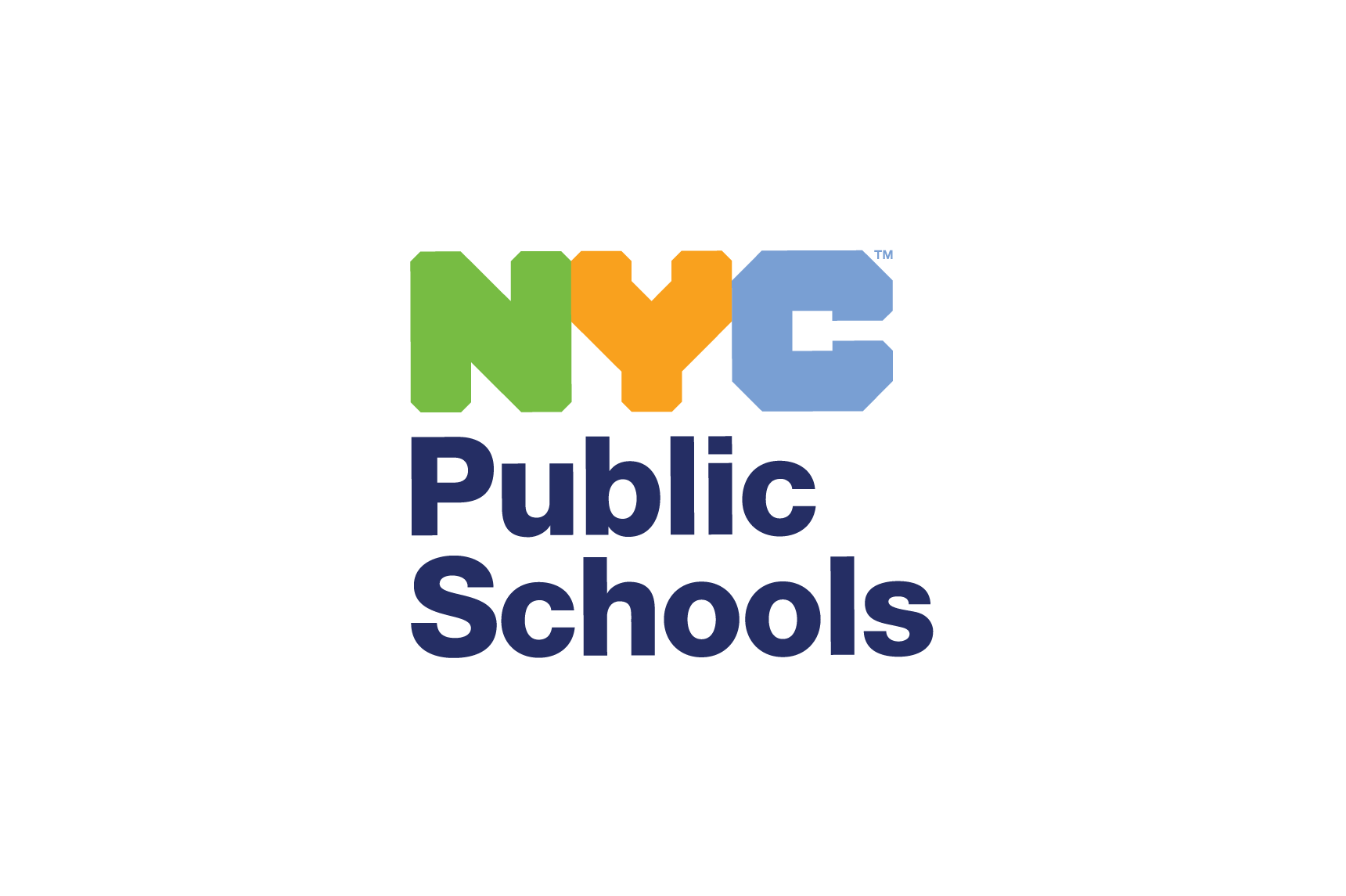Chancellor Carranza Announces Substantial Gains In Student Reading Within First Two Years Of Universal Literacy Initiative
Year Two Universal Literacy Evaluation shows impacts of coaching on student literacy
NEW YORK—Schools Chancellor Richard A. Carranza today announced that the Universal Literacy initiative is leading to improved literacy skills for students. The Year Two Evaluation, which covered the 2017-18 school year, shows that the more coaching teachers received, the more their students’ literacy skills improved. The evaluation also found higher growth in reading comprehension in schools that had a reading coach through the Universal Literacy initiative compared to their peers. These findings were statistically significant, and the full report is available here.
“Universal Literacy is working, and these results are indicative of the phenomenal job our teachers and reading coaches are doing to improve our youngest learners’ reading skills,” said Schools Chancellor Richard A. Carranza. “This initiative is a cornerstone of our Equity and Excellence for All agenda, and I’m thrilled by the positive impact it is already having on our students and schools. I am confident that this initiative will continue to make a difference for our students and schools in the years to come.”
Launched in 2016, the Universal Literacy initiative takes a research-based, capacity-building approach by training educators to become Reading Coaches, who work with teachers in grades Kindergarten through 2nd grade individually and in groups on how to most effectively teach children to read. Fourteen districts participated in Year 2, with a total of 304 schools reaching just over 70,000 K-2 students. The ultimate goal of the initiative is to have all students reading on grade level by the end of second grade, by 2026.
“There’s no question that literacy changes the brain of an individual, and that experts agree that teacher coaching makes the strongest difference in literacy for children—these data support that finding,” said Maryanne Wolf, Director, Center for Dyslexia, Diverse Learners, and Social Justice at the UCLA Graduate School of Education and Information Studies. “I am delighted to hear that Universal Literacy is showing that not only do coaches propel students to literacy, but also that scalability in a large system is possible.”
“It is heartening to see that a concerted effort to provide high quality professional development for teachers to ensure that they are able to provide appropriate research-based instruction is having a significant measurable impact on children’s learning,” said Timothy Shanahan, Distinguished Professor Emeritus at the University of Illinois at Chicago and Founding Director of the UIC Center for Literacy. “Let’s hope that this program is able to sustain and improve upon this success as it moves forward.”
As part of the initiative, schools administered the Gates-MacGintie Reading Test (GMRT) in the Fall and again in the Spring to second graders. Evaluators from the New York City Department of Education who examined the GMRT results found greater increases in overall GMRT scores, as well as scores on each subtest (word decoding, word knowledge, and comprehension), for students in Universal Literacy schools than in future-Universal Literacy comparison schools. The difference in Fall-Spring change scores was statistically significant on the reading comprehension subsection, as students in Universal Literacy schools gained an average of 22.5 points over the course of the year, while students in future Universal Literacy schools gained an average of 18.9 points.
Results also show that student growth increased with the number of coaching periods their teacher received. For each period of coaching, students demonstrated an average 0.079 point increase in their Fall-Spring change score. An average student whose teacher received no coaching would grow 20.8 points over the course of the year, while the average student whose teacher received 20 periods of coaching would grow 22.37 points, roughly equivalent to one half month of instruction more than their peers whose teacher received no coaching. Students whose teachers received 50 periods of coaching would be one month ahead of their peers whose teachers received no coaching.
The evaluation demonstrates the early positive impact of this Administration’s investment in reading coaches on student literacy. Through the Universal Literacy initiative, approximately 500 reading coaches are supporting Grade K-2 teachers to strengthen evidence-based reading instruction in elementary schools across the City. Universal Literacy, together with Pre-K for All and 3-K for All, represents the Mayor and Chancellor’s unprecedented investment in early childhood education that provides a foundation for our youngest learners and puts them on a path to success.
Universal Literacy is part of the Mayor and Chancellor’s Equity and Excellence for All agenda, which is building a pathway to success in college and careers for all students. 3-K for All and Pre-K for All are strengthening foundational skills and instruction earlier; Universal Literacy is working towards ensuring every student is reading on grade level by the end of 2nd grade; and Algebra for All is improving elementary- and middle-school math instruction and ensuring that all 8th graders have access to algebra. Equity and Excellence for All is also offering students more challenging, hands-on, college and career-aligned coursework – Computer Science for All brings 21st-century computer science instruction to every school, and AP for All is giving all high school students access to at least five Advanced Placement courses. Along the way, they are giving students and families additional support through College Access for All, Single Shepherd, and investment in Community Schools. Efforts to create more diverse and inclusive classrooms, outlined in the 2017 New York City school diversity plan and through diversity pilots taking root in eight districts, are central to this pathway.
###
Contact: Chancellor’s Press Office (212) 374-5141

